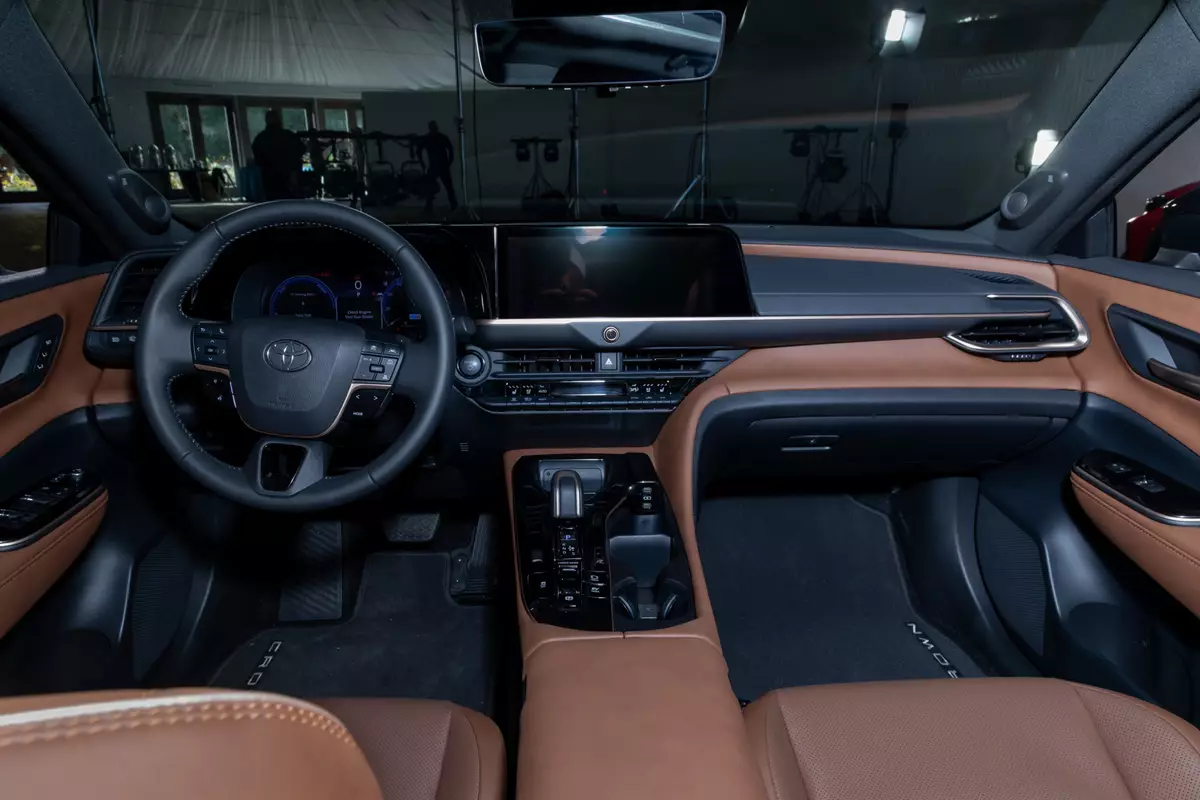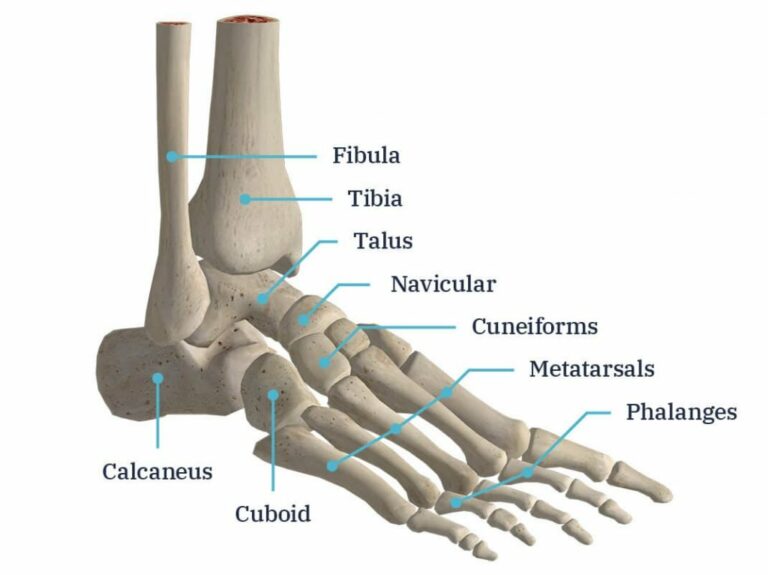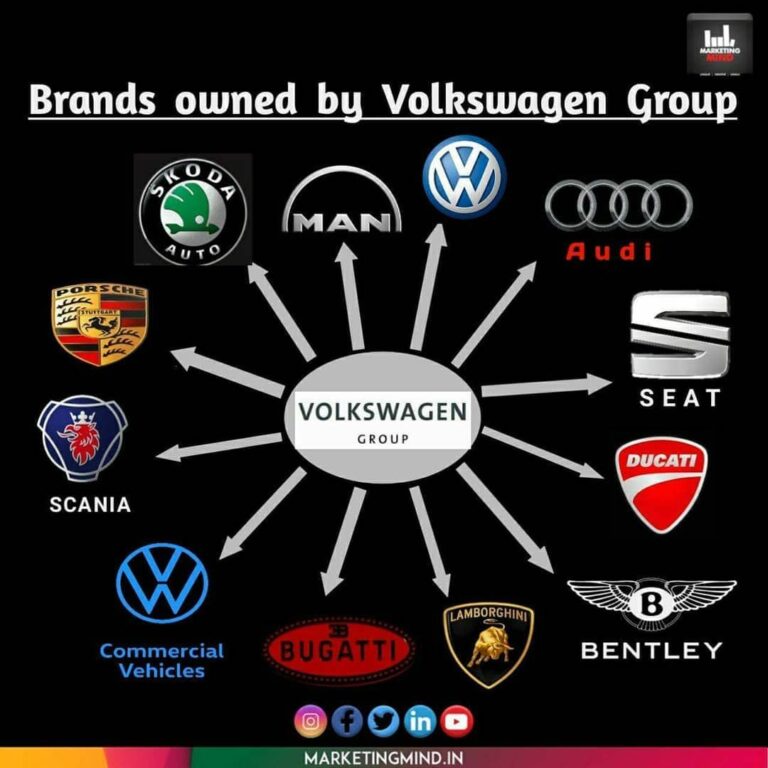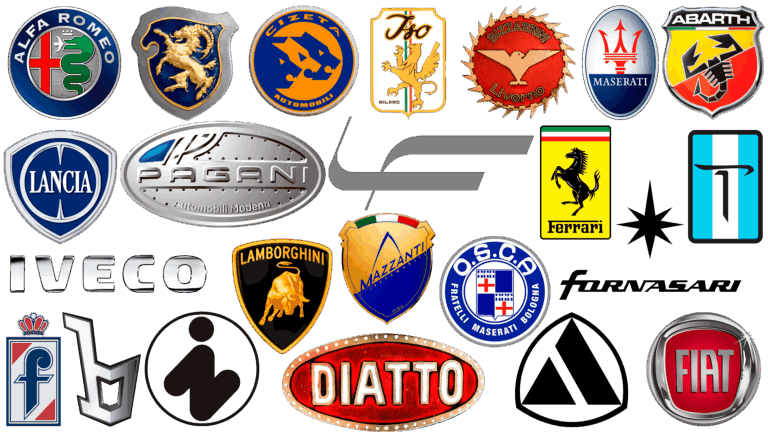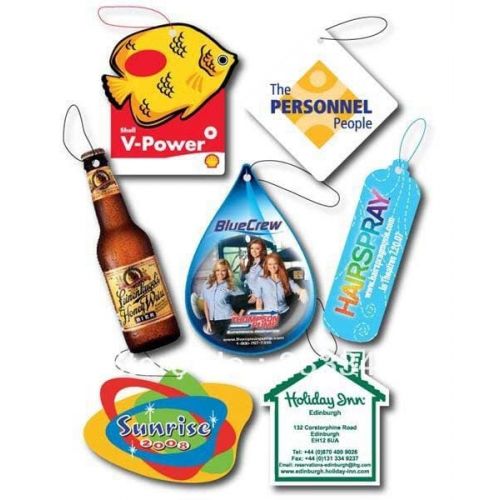What Car Brands Does Toyota Own: A Comprehensive Guide to Toyota’s Automotive Empire
What Car Brands Does Toyota Own: A Comprehensive Guide to Toyota’s Automotive Empire cars.truckstrend.com
Toyota, a name synonymous with reliability, innovation, and global reach, has cemented its position as one of the world’s largest and most influential automotive manufacturers. From its humble beginnings in 1937, the company has grown into a titan, producing millions of vehicles annually across various segments. However, a common question that arises among consumers and automotive enthusiasts alike is: "What car brands does Toyota actually own?"
The answer, while seemingly straightforward, is more nuanced than simply listing a handful of names. Toyota’s strategy isn’t one of aggressive acquisition of competing mainstream brands, but rather a sophisticated tapestry of full ownership, strategic minority stakes, and crucial joint ventures. This intricate web of relationships allows Toyota to leverage diverse expertise, share research and development costs, penetrate new markets, and foster innovation across the mobility landscape. Understanding this structure provides valuable insight into Toyota’s long-term vision and its profound impact on the global automotive industry.
What Car Brands Does Toyota Own: A Comprehensive Guide to Toyota’s Automotive Empire
The Core: Brands Wholly Owned by Toyota
At the heart of Toyota’s empire are the brands it fully owns and operates, each serving a distinct purpose and market segment. These are the brands where Toyota has complete control over design, engineering, manufacturing, and marketing.
-
Toyota: This is the flagship brand, the bedrock of the entire corporation. Toyota Motor Corporation produces a vast array of vehicles under the Toyota badge, ranging from compact cars like the Corolla and Yaris to popular SUVs like the RAV4 and Highlander, rugged trucks like the Tacoma and Tundra, and a pioneering lineup of hybrid vehicles such as the Prius. It is a global powerhouse, known for its emphasis on quality, durability, and reliability, appealing to a broad spectrum of consumers worldwide.
-
Lexus: Launched in 1989, Lexus is Toyota’s luxury vehicle division. Created to compete directly with established European and American luxury brands, Lexus quickly gained a reputation for its exceptional build quality, refined interiors, smooth powertrains, and unparalleled customer service. While sharing some underlying platforms and technologies with Toyota models, Lexus vehicles are distinct in their design, performance tuning, and premium features, offering a sophisticated and luxurious driving experience.

-
Daihatsu: A long-standing partner, Daihatsu was fully acquired by Toyota in 2016. Daihatsu specializes in small cars, including kei cars (a specific category of small vehicles popular in Japan), compact SUVs, and light commercial vehicles. Its primary markets are Japan and Southeast Asia, where there is high demand for fuel-efficient, nimble vehicles suited for urban environments. Daihatsu plays a crucial role in Toyota’s strategy for emerging markets, providing expertise in low-cost, high-quality small vehicle production.

Hino Motors: Hino Motors is Toyota’s dedicated commercial vehicle arm, producing trucks and buses. Toyota has held a majority stake in Hino since 2001 and completed its full acquisition later. Hino is a significant player in the global commercial vehicle market, known for its robust and reliable heavy-duty trucks and buses used in logistics, construction, and public transportation. Its focus on commercial vehicles complements Toyota’s passenger car dominance, ensuring a comprehensive presence across the automotive spectrum.
Beyond these major brands, Toyota also manages several internal sub-brands and initiatives. For instance, Gazoo Racing (GR) is Toyota’s high-performance and motorsport division, responsible for developing performance-oriented versions of Toyota cars (e.g., GR Supra, GR Corolla) and leading its racing efforts. Similarly, the Toyota bZ (Beyond Zero) series represents Toyota’s dedicated battery electric vehicle (BEV) sub-brand, signaling its commitment to a fully electric future.
Strategic Alliances and Significant Minority Stakes
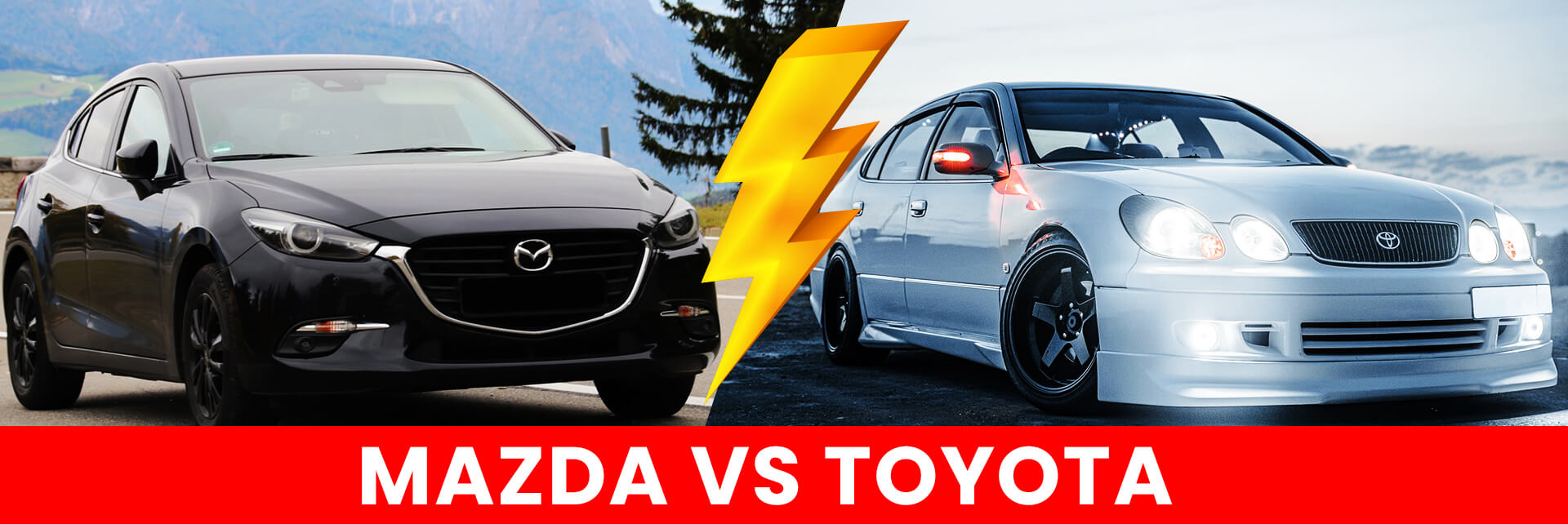
While the brands above are wholly owned, Toyota’s influence extends far beyond this direct ownership through a series of strategic alliances and significant minority stakes in other automotive companies. This approach allows Toyota to benefit from shared technologies, expand market reach, and mitigate risks without assuming full control or responsibility for another company’s operations.
-
Subaru: Toyota holds a significant minority stake in Subaru Corporation, currently around 20%. This partnership dates back to 2005 and has been incredibly fruitful. Notable collaborations include the jointly developed Toyota GR86 and Subaru BRZ sports cars, as well as the Toyota bZ4X and Subaru Solterra electric SUVs. This alliance allows Toyota to leverage Subaru’s expertise in all-wheel-drive (AWD) systems and Boxer engines, while Subaru gains access to Toyota’s hybrid and electrification technologies and its vast supply chain. Subaru maintains its independent brand identity and operational autonomy.
-
Suzuki: In 2019, Toyota and Suzuki entered a capital alliance, with Toyota taking a roughly 5% stake in Suzuki and Suzuki acquiring a smaller stake in Toyota. This partnership primarily focuses on sharing technology, particularly in hybrid vehicles and compact car platforms, especially for emerging markets like India, where Suzuki has a dominant presence. This collaboration helps both companies meet diverse market demands and navigate the transition to electrified powertrains more efficiently.
-
Mazda: Toyota holds approximately a 5% stake in Mazda Motor Corporation. This alliance has led to several joint ventures, including a shared manufacturing plant in Alabama, USA, where both Toyota Corolla Cross and Mazda CX-50 are produced. The partnership also involves technology sharing, with Toyota benefiting from Mazda’s SkyActiv engine technologies and Mazda gaining access to Toyota’s hybrid and autonomous driving systems. Mazda retains its distinct brand identity and design philosophy.
-
Yamaha Motor Corporation: While primarily known for motorcycles, marine products, and musical instruments, Yamaha has a long-standing and significant relationship with Toyota, often collaborating on engine development for high-performance Toyota and Lexus vehicles (e.g., the V10 engine in the Lexus LFA, and components for the current Toyota Supra’s engine). Toyota holds a small stake in Yamaha Motor, reflecting this enduring technical partnership.
-
Isuzu Motors: Toyota has a minority stake in Isuzu, primarily focusing on commercial vehicle collaboration. This partnership aims to strengthen both companies’ capabilities in the commercial vehicle sector, particularly in areas like diesel engine technology and autonomous driving for trucks.
-
Panasonic (Prime Planet Energy & Solutions): This is a critical joint venture for Toyota’s future. Prime Planet Energy & Solutions (PPES) is a joint venture between Toyota and Panasonic, dedicated to developing and manufacturing advanced prismatic batteries for electric vehicles. This strategic partnership is crucial for securing Toyota’s battery supply and advancing its electrification strategy.
Beyond Automotive: Toyota’s Diversified Portfolio
Toyota’s reach extends beyond just making cars and trucks. The company has significant investments and operations in various other industries, often through subsidiaries or related companies, demonstrating its broader vision for mobility and industrial development.
-
Toyota Industries Corporation: This is a fascinating historical link. Toyota Industries was the original company founded by Sakichi Toyoda, manufacturing automatic looms. It later diversified into forklifts, air compressors, and automotive components. Toyota Motor Corporation spun off from Toyota Industries, but Toyota Industries remains a significant shareholder in Toyota Motor, and vice versa, maintaining a close relationship. It’s a major supplier of automotive parts and industrial equipment globally.
-
Toyota Financial Services: This subsidiary provides financing, leasing, and insurance services for Toyota and Lexus vehicles, offering a complete ecosystem for car ownership.
-
Woven by Toyota (Woven Planet/Woven City): This ambitious project signifies Toyota’s push into future mobility solutions. Woven by Toyota focuses on software development, autonomous driving technology, mobility services, and even the creation of a "smart city" prototype (Woven City) at the base of Mount Fuji. It underscores Toyota’s commitment to becoming a "mobility company" rather than just a car manufacturer.
-
Toyota Boshoku: A key supplier of automotive interior parts, including seats, door trims, and filters, for Toyota and other automakers.
-
Denso: While an independent company, Denso is one of the world’s largest automotive component manufacturers, with Toyota holding a significant stake. Denso is a crucial supplier of everything from engine management systems and climate control units to advanced safety systems and electric vehicle components.
Why This Strategy? Benefits and Considerations
Toyota’s diversified ownership and partnership strategy offers numerous advantages:
- Risk Diversification: Spreading investments across various segments and technologies reduces dependence on a single market or product.
- Access to New Technologies: Partnerships provide access to cutting-edge innovations in areas like electrification, autonomous driving, and AI, which would be costly and time-consuming to develop entirely in-house.
- Market Expansion: Alliances enable deeper penetration into specific regional markets (e.g., Suzuki in India, Daihatsu in Southeast Asia) and niche segments.
- Cost Sharing for R&D: Developing new vehicle platforms, engines, and advanced technologies is incredibly expensive. Partnerships allow for shared investment and reduced individual burdens.
- Maintaining Brand Distinctiveness: By taking minority stakes rather than full ownership, Toyota allows partners like Subaru and Mazda to maintain their unique brand identities and engineering philosophies, which is crucial for consumer appeal.
However, this strategy also presents challenges, such as managing diverse corporate cultures, ensuring smooth technology transfer, and balancing independent operational goals with shared strategic objectives.
Practical Advice for the Consumer
For the average consumer, understanding Toyota’s brand portfolio offers a clearer picture of the automotive landscape.
- Don’t assume full Toyota DNA: While a vehicle from a partnered brand like Subaru or Mazda might share some components or platforms with Toyota, it retains its core brand identity, driving characteristics, and design philosophy.
- Research individual brands: If you’re interested in a vehicle from a Toyota-partnered brand, evaluate it based on its own merits and characteristics rather than assuming it’s simply a rebadged Toyota.
- Look for shared benefits: If you value Toyota’s reliability or hybrid technology, knowing about partnerships can help you identify vehicles from other brands that might leverage these strengths.
Table: Toyota’s Automotive Brand Portfolio and Strategic Alliances
| Brand Name | Relationship Type | Primary Focus/Market | Key Collaboration Examples (if applicable) |
|---|---|---|---|
| Toyota | Wholly Owned | Mainstream Global Passenger Vehicles, Hybrids, Trucks | N/A |
| Lexus | Wholly Owned | Global Luxury Vehicles, Performance, Refinement | N/A |
| Daihatsu | Wholly Owned | Small Cars, Kei Cars, Compact SUVs (Japan, SE Asia) | Emerging Markets Strategy, Compact Vehicle Expertise |
| Hino Motors | Wholly Owned | Commercial Trucks & Buses (Medium & Heavy Duty) | N/A |
| Subaru | Significant Minority Stake (~20%) | All-Wheel Drive, Boxer Engines, Performance | Jointly developed GR86/BRZ sports cars, bZ4X/Solterra EVs |
| Suzuki | Minority Stake (~5%) | Small Cars, Motorcycles, Marine (Asia-focused) | Technology Sharing (Hybrid, Compact Cars), Emerging Markets (India) |
| Mazda | Minority Stake (~5%) | SkyActiv Technology, Design, Driving Dynamics | Joint US Manufacturing Plant (Alabama), Technology Sharing (Hybrid, Autonomous) |
| Yamaha Motor Corp. | Minority Stake | Motorcycles, Marine, Engines, Industrial Robotics | High-Performance Engine Development (e.g., Lexus LFA, Toyota Supra components) |
| Isuzu Motors | Minority Stake | Commercial Vehicles, Diesel Engines | Commercial Vehicle Technology Sharing |
| Panasonic (PPES) | Joint Venture | EV Battery Development & Manufacturing | Prime Planet Energy & Solutions (PPES) |
| Denso | Significant Stake | Automotive Components, Electronics, Thermal Systems | Major Supplier across Toyota’s brands, R&D in advanced automotive technologies |
| Toyota Industries | Cross-Holdings (Historical Parent) | Forklifts, Textile Machinery, Automotive Components | Supplier of various components, historical and ongoing industrial ties |
| Woven by Toyota | Wholly Owned (New Division) | Software Development, Autonomous Driving, Mobility Services | Woven City (Smart City Project), Advanced AI and Connectivity Solutions |
Concluding Summary
Toyota’s automotive empire is far more intricate than a simple list of wholly-owned brands. It is a strategically built ecosystem comprising core proprietary brands like Toyota, Lexus, Daihatsu, and Hino, complemented by a sophisticated network of minority stakes and joint ventures with key players like Subaru, Suzuki, Mazda, and Panasonic. This multifaceted approach enables Toyota to not only maintain its dominant position in traditional automotive manufacturing but also to rapidly adapt to the evolving landscape of electric vehicles, autonomous driving, and future mobility solutions. By fostering collaboration and leveraging diverse expertise, Toyota continues to shape the future of transportation, extending its influence far beyond the vehicles bearing its own badge.
Frequently Asked Questions (FAQ)
Q1: Does Toyota own Scion?
A1: No, Scion was a sub-brand created by Toyota in 2003 specifically for the North American market, targeting younger buyers. It was not a separate company but an internal division of Toyota. Scion was discontinued in 2016, and some of its popular models, like the FR-S (now GR86) and iM (now Corolla Hatchback), were rebadged under the Toyota brand.
Q2: Is Toyota part of a larger automotive group like Volkswagen or Stellantis?
A2: No, Toyota Motor Corporation is an independent, publicly traded entity. Unlike groups like Volkswagen (which owns Audi, Porsche, Skoda, etc.) or Stellantis (which owns Fiat, Chrysler, Peugeot, etc.), Toyota operates as a standalone global corporation, albeit one with extensive strategic partnerships and minority stakes in other companies.
Q3: Does Toyota make engines or platforms for other car brands it doesn’t own?
A3: Yes, absolutely. Toyota has a history of supplying engines and platforms to partners. A prime example is the collaboration with BMW for the current Toyota Supra, which shares its platform and many components with the BMW Z4. Similarly, the GR86/BRZ and bZ4X/Solterra are results of platform and technology sharing with Subaru.
Q4: How does Toyota’s ownership strategy compare to other major automakers?
A4: Toyota’s strategy tends to be more focused on strategic alliances, minority stakes, and technology sharing rather than outright acquisition of major competing brands. This contrasts with some other large automakers who have built their empires through numerous full brand acquisitions. Toyota’s approach emphasizes collaboration for mutual benefit, often allowing partners to retain more independence.
Q5: Will Toyota acquire more car brands in the future?
A5: While predicting future moves is difficult, Toyota’s recent trend suggests a continued focus on strategic partnerships and investments in technology companies (especially those related to EVs, AI, and autonomous driving) rather than acquiring major, established car brands outright. Their emphasis is on building an ecosystem for future mobility, not just expanding a traditional car portfolio.
